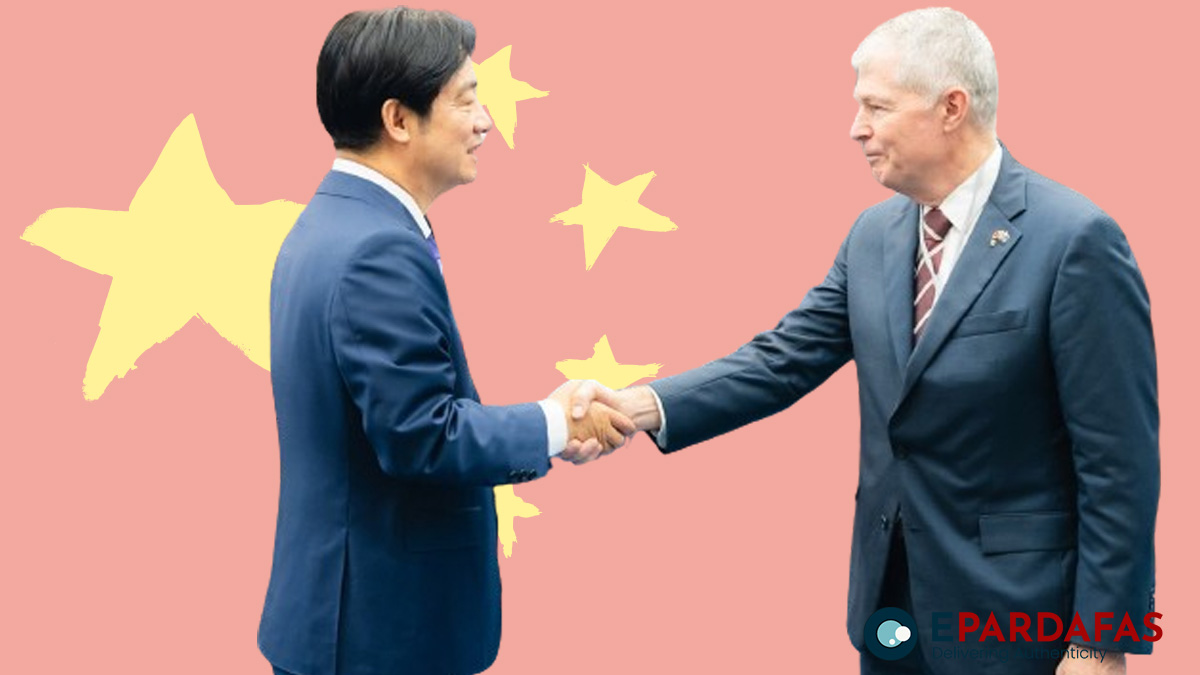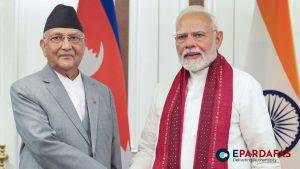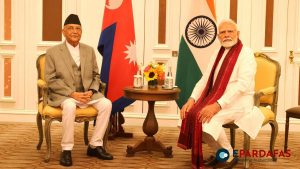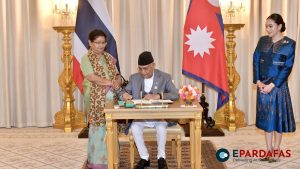
Australian Senator Defends Motion Criticizing China’s Claims Over Taiwan
Australian Senator David Fawcett defended a motion he recently co-led, which criticizes China’s claims of sovereignty over Taiwan, emphasizing the importance of preserving the regional status quo. The motion, passed by the Australian Senate, challenges Beijing’s interpretation of United Nations Resolution 2758, stating that it does not establish Chinese sovereignty over Taiwan nor determine Taiwan’s status in international organizations.
In an interview with Nikkei Asia, Fawcett explained that the motion aims to prevent unilateral action by China to forcibly overtake Taiwan. “If we allow someone, just because they’re economically strong or militarily strong, to ride roughshod over other nations, then ultimately we will all be worse off,” he said.
Resolution 2758, adopted in 1971, recognizes the People’s Republic of China (PRC) as “the only legitimate representative of China to the United Nations.” However, the Australian Senate clarified that this resolution does not confer sovereignty over Taiwan to the PRC, nor does it determine Taiwan’s eligibility for participation in international organizations. For years, China has used Resolution 2758 to limit Taiwan’s international presence, including in the United Nations and the World Health Organization.
Labor Party Senator Deborah O’Neill, who co-led the motion with Fawcett, argued that any claims suggesting the resolution grants Chinese sovereignty over Taiwan are false and should be seen as efforts to undermine the resolution’s true objectives. “Australia must be diligent in opposing such disinformation, because attacks on truth are also attacks on democracy,” O’Neill said.
Despite concerns from Australian media that the motion could provoke a backlash from Beijing, there has been no public condemnation from Chinese state media or the Chinese embassy in Australia. Fawcett noted that Beijing’s subdued response might indicate a shift away from its aggressive “wolf warrior diplomacy,” which he believes has damaged China’s relations with much of the world.
Australian National University lecturer Wen-ti Sung suggested that China’s focus on managing its economic recovery might explain its muted reaction. Responding with “fire and fury” could risk undoing efforts to mend economic and diplomatic ties, he added.
The motion has been well-received in Taiwan, with officials praising the Australian senators for their strong stance against China’s misuse of Resolution 2758 to marginalize and isolate Taiwan.
During his Senate speech, Fawcett emphasized the importance of conveying accurate information about the China-Taiwan issue. He warned that if Beijing’s narrative gains international acceptance, it would increase the risk to Taiwan’s security and the status quo in the Taiwan Strait. Fawcett stressed the need for deterrence, highlighting the significant economic and human rights consequences if China were to seize control of Taiwan.
A report by the Australian Strategic Policy Institute found that a blockade or conflict over Taiwan could result in a 6% decline in Australia’s gross domestic product and a 14% decrease in per capita take-home pay. Fawcett concluded that maintaining the status quo is essential to preventing such outcomes and ensuring regional stability.












Comments